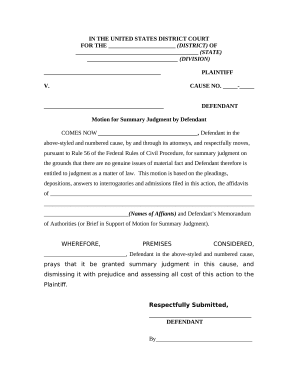
(1A) In civil proceedings against the Crown, as defined in rule 66.1(2), a claimant may not apply for summary judgment until after expiry of the period for filing a defence specified in rule 15.4. (Rule 10.3 sets out the period for filing an acknowledgment of service and rule 15.4 the period for filing a defence) (ii) a practice direction provides otherwise. (1) A claimant may not apply for summary judgment until the defendant against whom the application is made has filed –

(b) a tenant or a person holding over after the end of the tenancy whose occupancy is protected within the meaning of the Rent Act 1977(1) or the Housing Act 1988(2). (2) The court may give summary judgment against a defendant in any type of proceedings except proceedings for possession of residential premises against. (1) The court may give summary judgment against a claimant in any type of proceedings.

(Rule 3.4 makes provision for the court to strike out (GL) a statement of case or part of a statement of case if it appears that it discloses no reasonable grounds for bringing or defending a claim)īack to top Types of proceedings in which summary judgment is available (b) there is no other compelling reason why the case or issue should be disposed of at a trial. (ii) that defendant has no real prospect of successfully defending the claim or issue and (i) that claimant has no real prospect of succeeding on the claim or issue or (Part 53 makes special provision about summary disposal of defamation claims in accordance with the Defamation Act 1996) 1Ģ4.2 The court may give summary judgment against a claimant or defendant on the whole of a claim or on a particular issue if – Types of proceedings in which summary judgment is availableĮvidence for the purposes of a summary judgment hearingĬourt’s powers when it determines a summary judgment applicationĢ4.1 This Part sets out a procedure by which the court may decide a claim or a particular issue without a trial.


 0 kommentar(er)
0 kommentar(er)
